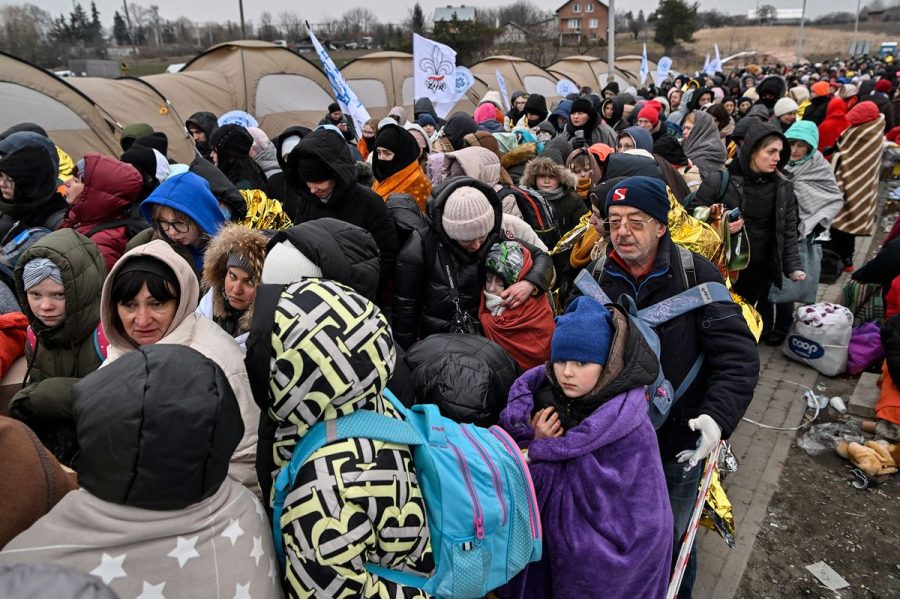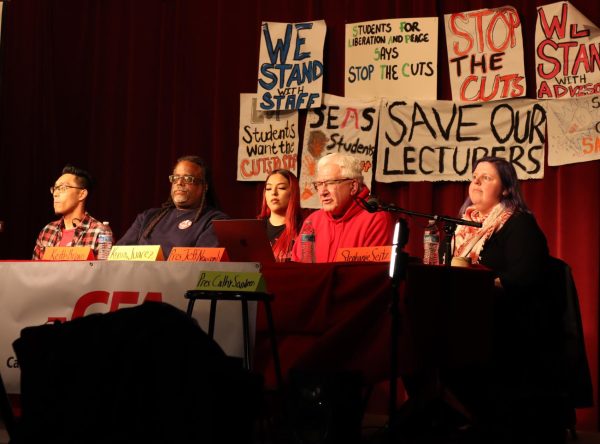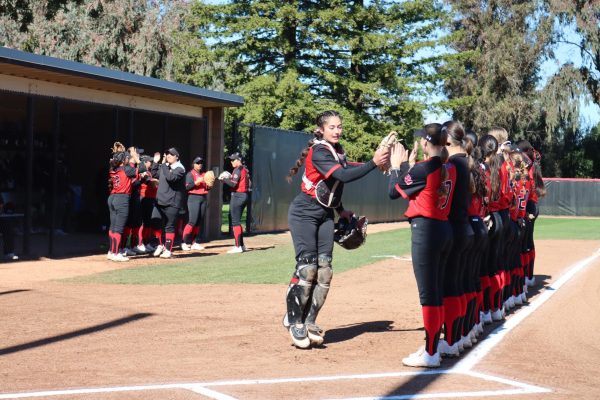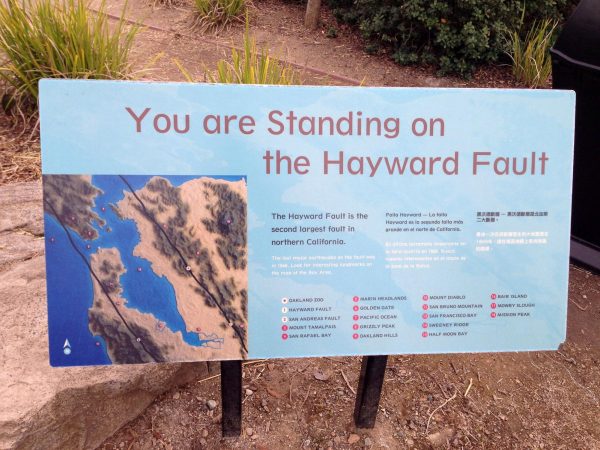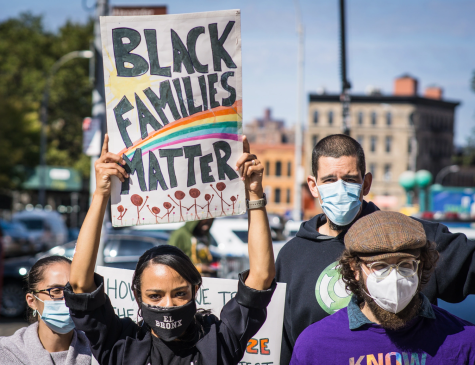U.S. Refugee Crisis: Who Deserves the Safety that the U.S. Offers and Who Does Not?
With the constant threat of gang violence, cartel, and international wars, people from around the world are being displaced from their place of origin in hopes for a better and safer future. With endless miles of walking, hours of waiting, train hopping and risk-taking, refugees have suffered tremendously in search for freedom. However, what happens when that search for freedom is not the safe welcoming haven for all refugees?
As the world faces its biggest humanitarian crisis, the U.S.has seen a surge of refugees from all around the world. According to the United States Department of Homeland Security, in 2020 the U.S. admitted a total of 11,840 refugees, which included 5,142 principal refugees – defined as the main adult requesting asylum – and 6,698 derivative refugees, who are considered the spouses or children under 21 years of age related to the primary refugee.
Of these, the World Programme WFP reported, “The U.S. Border Patrol recorded approximately 1.8 million encounters of migrants from El Salvador, Guatemala, and Honduras at the U.S.-Mexico border between fiscal years 2017 and 2021 and in four of the last five fiscal years, encounters of migrants from these three countries surpassed those involving Mexican migrants.”
However, the refugee crisis is not a result of inpouring refugees from Latin American countries. On Feb. 24 the Russian invasion in Ukraine began and since, millions of Ukrainians have fled their country in hope of finding safety in nearby countries, including the U.S. With an emergency of this magnitude the refugees struggle to survive regardless of their place of origin. The forced migration of thousands seeking a safe place to live, have landed at the feet of the United States. However, not everyone in the country sees the refugee situation as equal: there have been a variety of sentiments regarding the question: Who deserves the safety that the U.S. offers and who does not?
Although, at a governmental level the U.S. has taken steps to help the humanitarian crisis, Americans have very different sentiments about refugees and their acceptance in the country. A recent study found that “most Americans would be supportive of the move to take in Ukrainian refugees, especially in comparison to taking in refugees from other parts of the world, such as Central America and the Middle East.”
The study compared the responses from over 500 U.S. adults, in reference to the incoming immigrants. Over 61% of respondents said the U.S. should take in Ukrainian refugees while only 17% said it should not. While, in regards to refugees from Syria and El Salvador, 46% said the U.S. should take in refugees from Syria and 32% said it should not. For El Salvador, 40% said that the U.S. should take in refugees, and 31% said it should not. The percentage of U.S. adults that suggest we do not “take in” refugees from countries like Syria and El Savador, is astounding in comparison to the small percentage on Ukrainian refugees.
Two different parts of the world, different languages, different people but many common hopes, the most important? Safety. According to the 1951 Refugee Convention a refugee is “someone who is unable or unwilling to return to their country of origin owing to a well-founded fear of being persecuted for reasons of race, religion, nationality, membership of a particular social group, or political opinion.” Despite all the hardship these people have suffered through, the debate among our nation remains, regarding who is more deserving of U.S. aid.
On March 24, 2021 the White House released a statement from President Joe Biden on the “New humanitarian, development and democracy assistance to Ukraine and the surrounding region.” Said statement discusses the monetary relief of $1 billion in funding towards humanitarian assistance to those affected by the Russian war in Ukraine. The statement announced the plan of “welcoming up to 100,000 Ukrainians and others fleeing Russian aggression through the full range of legal pathways.”
The United States is also sending important monetary relief to Central American countries and Mexico who are affected by the different crises. Most notably, on Oct. 15, 2021 the Department of State released their plan for humanitarian aid directed towards Mexico and Central American Countries. It was announced that the Department of State’s Bureau of Population, Refugees, and Migration (PRM) is providing “more than $20 million in additional assistance to help meet urgent humanitarian needs for the nearly 700,000 asylum seekers, refugees, and vulnerable migrants in Central America and Mexico.”
Despite the humanitarian efforts to aid the refugee crises that occur south of the border and in Europe, the distinction between the level of refugee acceptance is questionable. On June 7, 2021 U.S. Vice President Kamala Harris addressed Guatemalans in her first foreign visit. She explained that the Biden administration wants “to help Guatemalans find hope at home.” She then added, “I want to be clear to folks in this region who are thinking about making that dangerous trek to the United States-Mexico border: Do not come. Do not come.” The words of Vice President Harris were taken harshly and as a sign that the U.S. was not willing to receive thousands of asylum seekers migrating from Central America in search of safety.
Similarly, United States President Joe Biden addressed the people of Ukraine in his speech in Warsaw Poland on March 26, 2021. Biden showed sympathy for Ukrainians during the time of crisis. He discussed the sanctions imposed on Russia, NATO policies, and explained that the United States had no intention of joining the current war. However, President Biden’s speech contrasted drastically from that of Vice President Harris. President Biden warmly stated, “My message to the people of Ukraine is the message I delivered today to Ukraine’s Foreign Minister and Defense Minister, who I believe are here tonight: We stand with you. Period.” Biden also added his future plans to welcome refugees into the United States: “I’ve announced, two days ago, we will welcome 100,000 Ukrainian refugees. We already have 8,000 a week coming to the United States from other nationalities.”
It is palpable that although at a political level there is a sentiment of solidarity with the crisis in Central America and the war in Ukraine, at its core, the ones who are suffering and seeking freedom are the people. Although the story repeats daily around the world, it is clear the nation majorly chooses to rescue some people over others. Although there are government policies and programs that help refugees in the process of finding a new home, the priority of who receives the aid is not equal. Refugees are suffering equally and seek safety and freedom no matter their place of origin, status, language or color of their skin.
The opinions expressed in this article are those of the contributing authors. They do not purport to reflect the opinions or views of the Pioneer Newspaper or its editorial staff.


